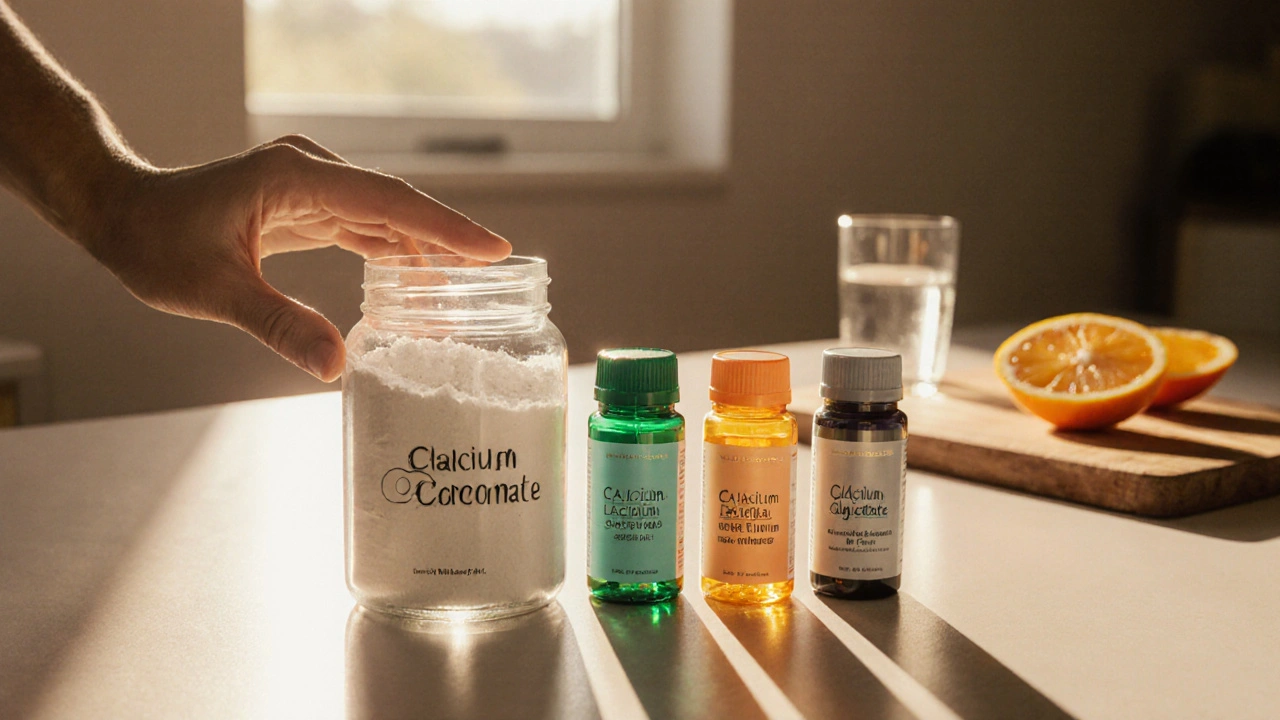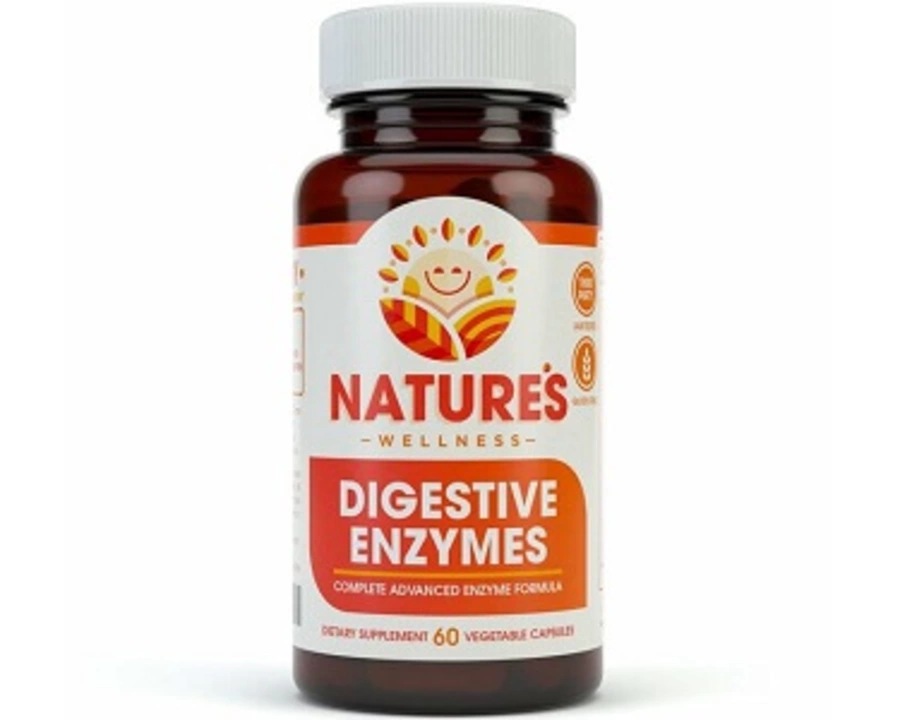Supplements: Germanium, Catechu, and Practical Tips
Want better results from supplements without guessing? This page gives straight talk on two interesting options — germanium and catechu — plus clear, practical tips for choosing and using supplements safely.
Supplements can help fill gaps, support recovery, or target a specific issue. But the difference between help and harm often comes down to the form, the dose, and how you combine them with other meds or foods. Below you’ll find concise, useful details that you can use when shopping or talking with your pharmacist.
Germanium — what it does and what to watch for
Germanium appears in supplements mostly as an organic form called germanium-132 or as plant-derived extracts. People take it hoping for immune support and better oxygen use during exercise. If you’re curious, start by checking the product label for the word "organic" or "Ge-132" — avoid inorganic salts like germanium dioxide, which are linked to kidney harm.
Typical supplement labels give low daily amounts; many users begin with a conservative dose and monitor how they feel. If you have kidney issues, skip germanium until you talk with a provider — even small doses can be risky for some people. Also mention any prescription meds you take: if you’re on kidney-impacting drugs or strong diuretics, get medical advice first.
Watch for basic side effects like stomach upset, and always stop and consult a clinician if you notice dark urine, swelling, or persistent nausea. We have a deeper piece on germanium that covers history, reported benefits, and safety details if you want more background.
Catechu & choosing supplements safely
Catechu (from Acacia catechu and similar plants) is rich in tannins and often used for inflammation, digestion, and oral health. It’s an astringent, so short-term use can help diarrhea or sore gums. Typical products come as powder, tincture, or capsule — follow the label and start with the lowest recommended dose to see how you react.
Tannins in catechu can reduce iron absorption, so don’t take it with iron supplements or iron-rich meals. Some people find it constipating if taken long term. If you’re pregnant, breastfeeding, or on blood-thinning medicines, ask a clinician before trying catechu.
How to pick any supplement: choose brands with third-party testing (USP, NSF, or similar), check for full ingredient lists and batch numbers, avoid proprietary blends that hide doses, and prefer products that state the botanical part used (e.g., bark, extract). Start low, use for a defined period, and track effects in a simple log. If something feels off, stop and ask a pharmacist or doctor.
If you want deeper reads, check our articles on Germanium and on Catechu for more specifics, user tips, and safety notes. Use supplements with clear goals, keep your clinician in the loop, and prioritize verified products over hype.






